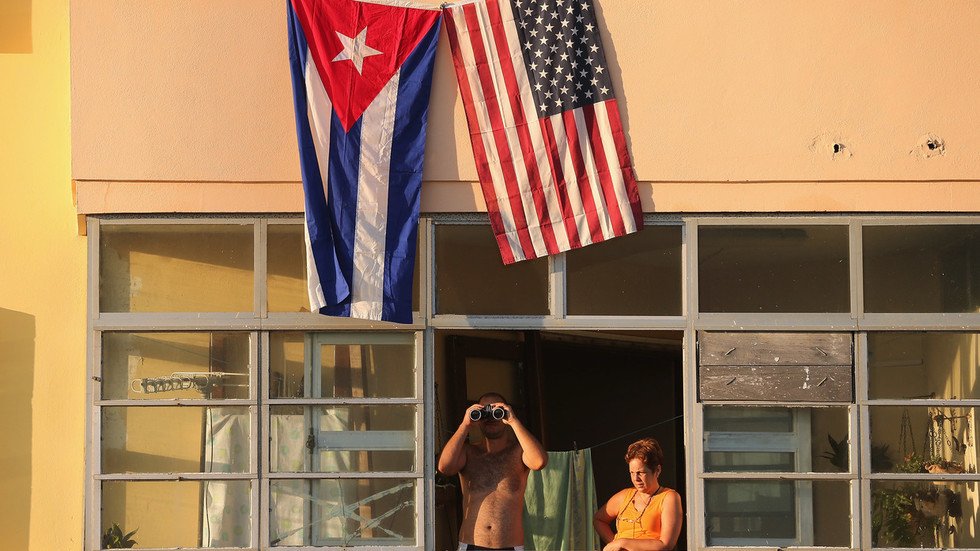Rwanda Introduces New Medical Tariffs to Address Rising Healthcare Costs
In a move aimed at alleviating the financial strain on private medical facilities, Rwanda’s Ministry of Health has announced the implementation of new medical tariffs starting July 1, 2025. The revised tariffs, which will vary by facility type, come after eight years of using outdated prices that have not kept pace with inflation and rising healthcare costs. According to Minister of Health, Dr. Sabin Nsanzimana, the new tariffs will be revised every two years to ensure they reflect current healthcare developments and associated costs.
The introduction of new tariffs has been welcomed by the Rwanda Private Medical Facilities Association (RPMFA), which has been advocating for a comprehensive review of medical tariffs. Christian Ntakirutimana, Executive Secretary of RPMFA, emphasized the need for transparent and regular reviews to shield private providers from financial instability. "The delay in revising tariffs has forced private medical facilities to operate at a loss, relying on bank loans and facing mounting debt," he said.
Data from RPMFA shows that healthcare provision-related costs have increased significantly over the years. For instance, the average salary of a senior specialist doctor has doubled from Rwf1.5 million in 2017 to Rwf3 million in 2023, while the cost of a minicap hemoglobin kit has more than tripled to Rwf600,000. The prices of other medical equipment, such as the Minividas Immuno analyser, have also risen substantially.
In response to these concerns, the Cabinet approved a revision of health service tariffs in January, marking the first update since 2017. The Ministry of Health has stated that the outdated prices no longer align with the actual costs of healthcare services, given the government’s investments in modern medical equipment and infrastructure, and the rise in prices of drugs and other medical products.
The new tariffs are expected to bring relief to private medical facilities, which have been struggling to cope with the rising costs. In public facilities, prices for advanced services such as medical imaging and radiology have been reduced, with the cost of a CT brain scan dropping from Rwf45,000 to Rwf16,283 for patients under the Community-Based Health Insurance (CBHI) scheme.
The introduction of new medical tariffs is a significant step towards addressing the challenges faced by Rwanda’s healthcare sector. As the country continues to invest in modern medical equipment and infrastructure, it is essential to ensure that healthcare services are affordable and accessible to all citizens. With the new tariffs in place, private medical facilities can now operate on a more sustainable footing, providing quality healthcare services to those who need them.



